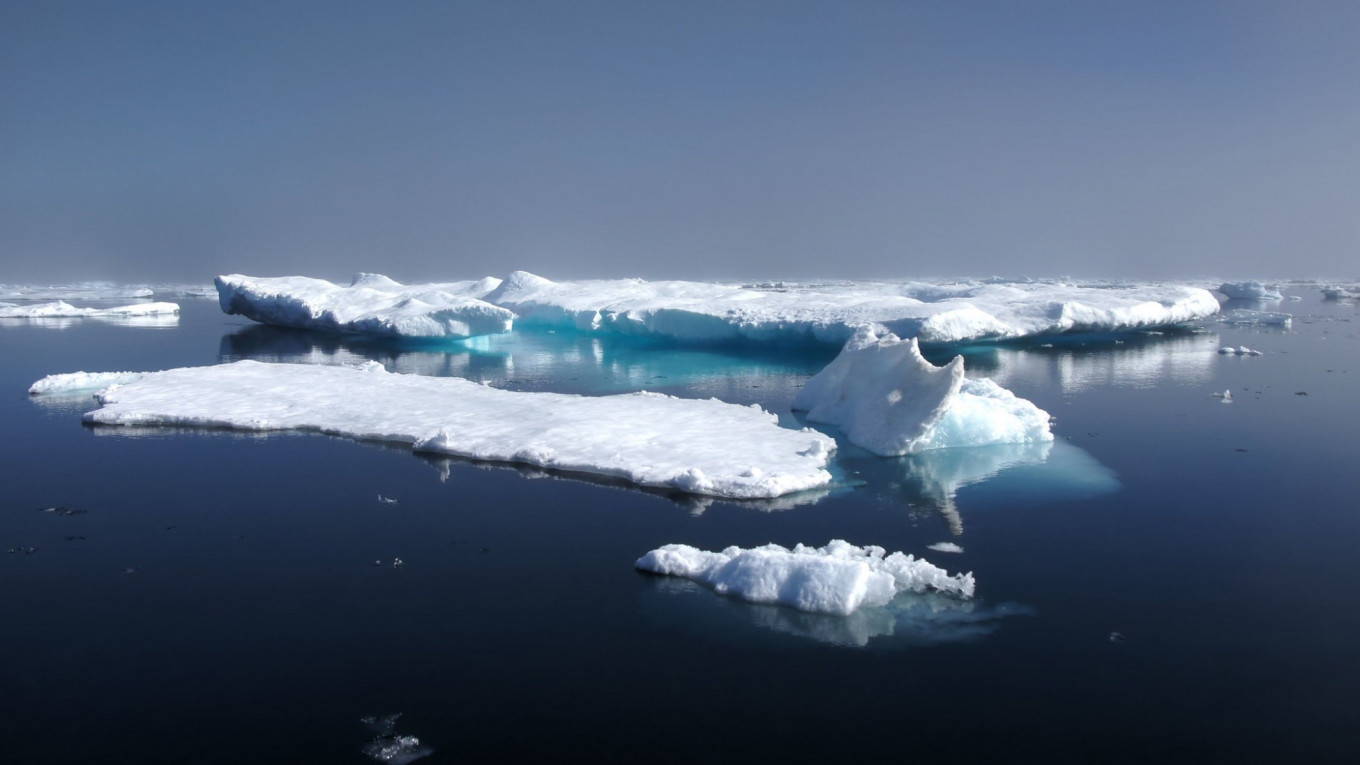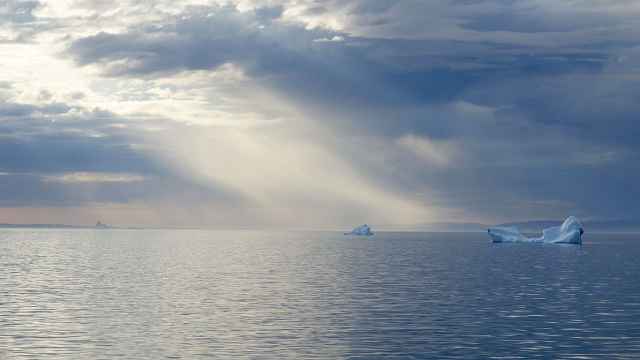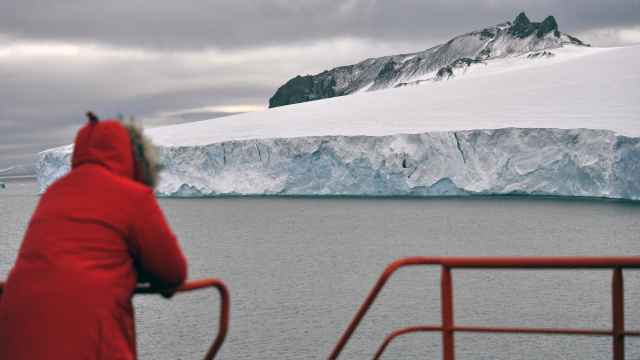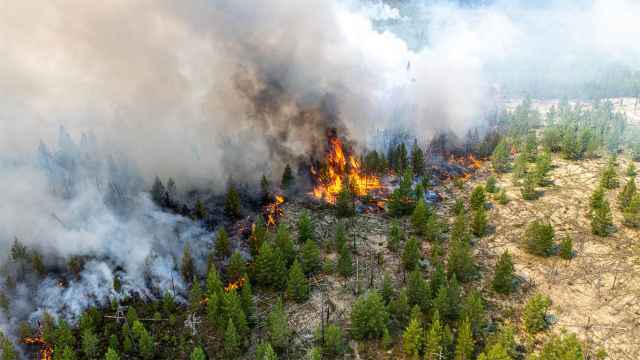The oldest, thickest Arctic sea ice known as the “Last Ice Area” is melting faster than anticipated as the earth warms, scientists from the Polar Science Center wrote in a new study.
Located north of Greenland and the Canadian Arctic Archipelago, the Last Ice Area’s ice cover is particularly thick, staying frozen for 4-5 years or more. Due to climate change and weather anomalies, the area lost 50% of its ice coverage in its east last year, far exceeding previous models.
Anomalous ocean currents and winds have been responsible for about 80% of that unexpected loss while climate change accounts for the other 20%, the study authors wrote. As the ice season continues to grow shorter each year, ice sheets have become more vulnerable to melting.
The authors of the study, which focused on the Wandel Sea area north of Greenland, warned that the entire Last Ice Area may be at risk.
“Given our results, we expect to see large patches of open water in this area more often,” said Axel Schweiger, the new study’s lead author.
As more ice disappears, the area will absorb increasing amounts of heat and sunlight, leading to a feedback loop of accelerating warming.
Arctic sea ice in 2021 is on average much younger and thinner than in 1980, according to data from the U.S. National Snow and Ice Data Center published in May.
Whereas roughly 30% of Arctic sea-ice was four years old or older in 1980, just 10% was this old by 2010, a share that continues to decrease. The share of single-season ice has nearly doubled.
Russia has invested heavily in Arctic infrastructure and touted its Northern Sea Route along the coast of northern Siberia as a faster, cheaper shipping route between Asia and Europe as the region’s ice rapidly shrinks. In 2020, a total of 32.97 million tons of goods were shipped on the Northern Sea Route, up 1.5 million tons in 2019.
A Message from The Moscow Times:
Dear readers,
We are facing unprecedented challenges. Russia's Prosecutor General's Office has designated The Moscow Times as an "undesirable" organization, criminalizing our work and putting our staff at risk of prosecution. This follows our earlier unjust labeling as a "foreign agent."
These actions are direct attempts to silence independent journalism in Russia. The authorities claim our work "discredits the decisions of the Russian leadership." We see things differently: we strive to provide accurate, unbiased reporting on Russia.
We, the journalists of The Moscow Times, refuse to be silenced. But to continue our work, we need your help.
Your support, no matter how small, makes a world of difference. If you can, please support us monthly starting from just $2. It's quick to set up, and every contribution makes a significant impact.
By supporting The Moscow Times, you're defending open, independent journalism in the face of repression. Thank you for standing with us.
Remind me later.






